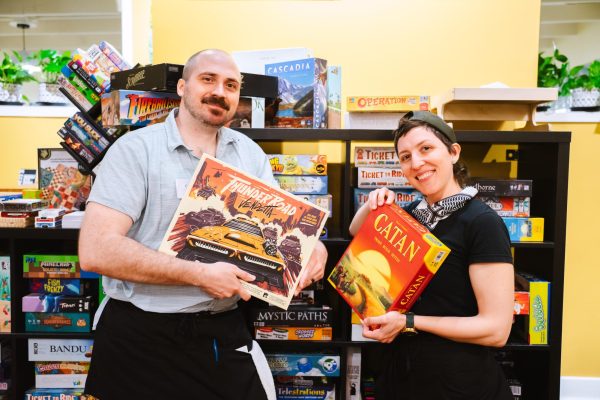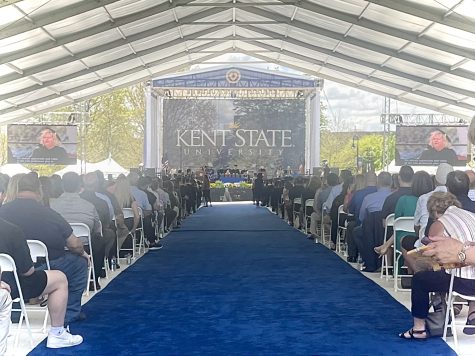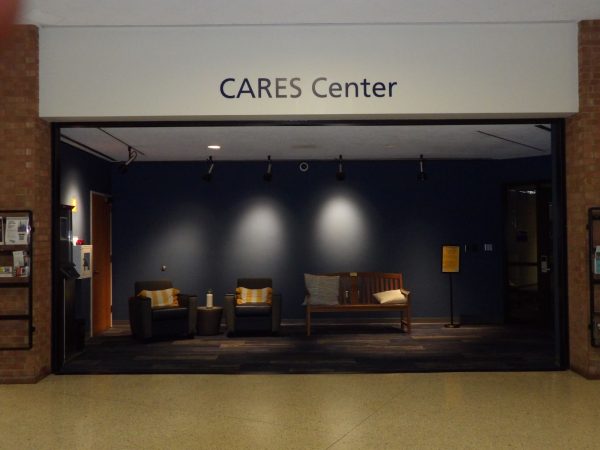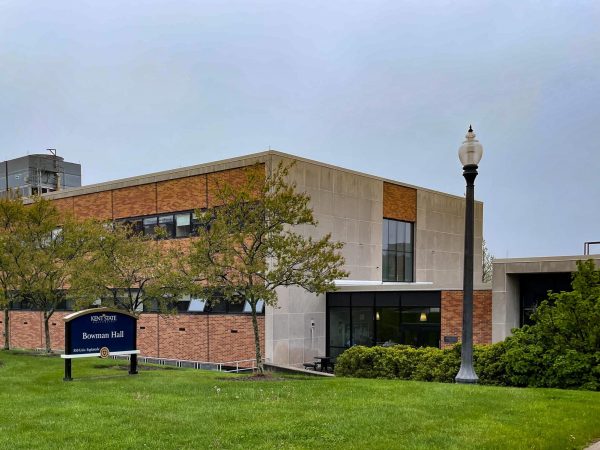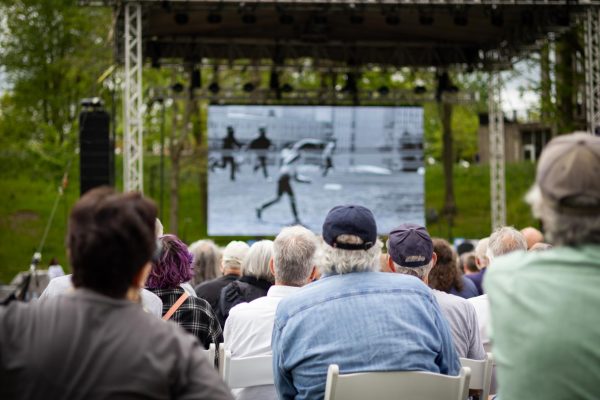‘No one is immune to this activity’
December 3, 2008
Sonali Kudva remembers sitting outside at the Oberoi and looking at the city of Mumbai several months ago with her mother, waiting for her sister to obtain a visa.
“It’s difficult to think about the fact that we were right there just a couple of months ago,” the journalism graduate student said. “We go shopping there. We have lunch at the café where one of the shootings took place.”
Last week, terrorists attacked Mumbai, targeting a railway station, two hotels and many popular tourist gatherings.
“I was horrified that those were the exact same places that I hung out at,” said Kudva, who grew up outside of Mumbai.
Kudva learned about the attacks when she was traveling in Pittsburgh with her boyfriend.
“He said, ‘I think there is something wrong in Bombay,’ and that’s when I switched on the TV and saw the footage on CNN,” she said, adding that her boyfriend’s brother lives in the city.
Speech pathology major Rachel Kapadia has a grandfather who lives in Mumbai, about three buildings down from where one of the attacks happened.
“It was very scary because he’s older, and if something would have happened in his building, there is no way he could get out in time,” she said. “We were really nervous and watching the news the entire weekend.
For Kapadia, the attack hit home despite being halfway around the world.
“I was so close to losing my grandpa that it really scared me,” she said. “It scared my entire family.”
Kudva grew up in an area outside of Mumbai and still has family that lives there. When she knew her boyfriend’s brother was OK, she knew her family was safe.
She was able to talk to her boyfriend’s brother over the phone, and he said everyone in Mumbai was frightened, and no one knew what was going on.
Kapadia’s father spoke to her grandfather on the phone also.
“My grandpa woke up because his building was shaking,” Kapadia said. “Just from watching the news, it’s crazy over there right now.”ndfather has gone back to work.
Daniel Flannery, director of the Institute for Study and Prevention of Violence, said often times with terrorist attacks, people think that it cannot happen to them, and when it does, it can be very hard to cope.
“No one is immune to this activity,” he said.
He said that while terrorist attacks are rarer than most other forms of violence, they receive a lot of attention when they happen.
Making sure one’s own family is safe and secure is a coping method for a lot of individuals who have been affected by terrorist attacks, he said.
Another way to cope with an attack is to become more vigilant, be aware of the surroundings and take precautions, he said, adding that this is especially true for those traveling abroad.
“Some get back on the bike and start traveling again,” he said.
One of the most important things that a country can do to recover from such an attack is to carry on with daily life, Flannery said.
“If daily life is interrupted, they’ve won,” he said. “You don’t want people walking around scared all the time.”
While Kapadia has never been to India, her father’s side of the family lives there.
“I think (my father) was pretty shaken up,” she said. “That was his hometown, and that was his dad that is there.”
Kudva has a blog and talks to many of her friends from India on it.
“We all discuss it; we are very angry, especially because we are not able to do something,” she said. “When something bad happens, the next day life goes on as usual. The next day people go to work as usual. Life goes on.”
Contact international affairs reporter Leila Archer at [email protected].














